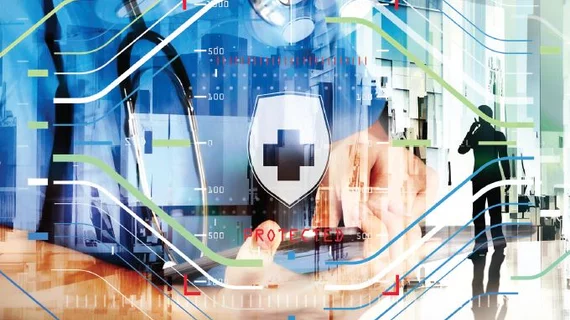Investigation finds millions of medical images left unsecured online
Medical images and data from more than five million patients in the U.S. are left unsecured and vulnerable on the internet, according to an investigative report published Sept. 17 by ProPublica and German public broadcaster Bayerischer Rundfunk.
The investigation, first started by German security firm Greenbone Networks, found data from more than 13.7 million medical tests were available online—more than 400,000 included downloadable x-rays and other images. Globally, more than 16 million scans are available online, including names, birthdates and Social Security numbers, according to the ProPublica report.
Although the investigation found that patient data had not been copied and published, one expert, Oleg Pianykh, director of medical analytics at Massachusetts General Hospital’s radiology department, had warned of security vulnerabilities in patient data storage for years.
“It’s 2019,” said a spokeswoman for the HHS Office of Civil Rights, to ProPublica. “There’s no reason for this.”
Read the entire story below:

